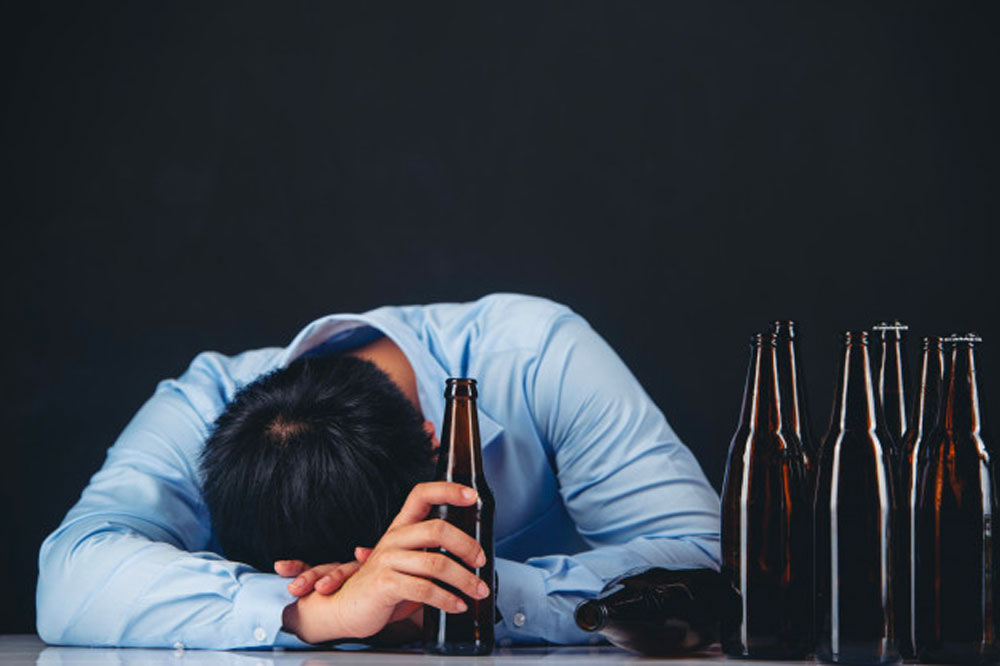
Treatment Options for Alcohol and Substance Abuse
People become victims of alcohol addiction and substance abuse due to a plethora of reasons. But, it is important to take the first step by accepting and moving past it instead of nurturing the habit. It is essential to take a giant leap of faith and trust yourself and the people around to help you. Therefore, your first step towards recovery starts with you accepting your current situation and the rest open for positive reinforcements in your life.
Should you be seeing a doctor or a mental health professional?
Yes, the treatment starts practically at this point. You should know that these professionals respect privacy and exercise confidentiality, so you can share all the necessary information about your problems. The first step for a doctor or mental health professional would be to evaluate if you have any disorder. This is because treatment is largely based on mental health. A physical examination would also be part of this stage.
The doctors or the mental health professional would be largely concerned with identifying the root cause of this disorder and the trigger factors that facilitate the addiction. It is important that you share all of your life incidents, especially the stressful ones. When you share more information, you will be able to help yourself better.
What does a good treatment offer?
A good treatment program offers or addresses the following:
- Complete detoxification of the system
- Your needs that the addiction impacts
- Counseling and also behavioral support
- Medication if needed
- Educates you about coping mechanisms
- Provides follow-up service to see if you are doing fine
Will medicine be prescribed?
While medications alone are not an effective treatment option, it does come in useful to reduce the symptoms of withdrawal and the large possibility of relapse. Usually, medicines are prescribed to those who are addicted to opioids and alcohol.
Opioid use medications are (not a conclusive list) methadone, naltrexone, methadone, and buprenorphine which work on reducing the cravings and intensity of withdrawal.
For alcohol, they use medications like naltrexone and disulfiram. Medicines are also given to reduce the depressive feeling and the feeling of nausea and facial redness.
What can you expect in your treatment?
Besides the physiological intervention and ensuring that you do not relapse, a good treatment plan ensures to give you enough information on a healthy way of life, helps you engage in physical activity, enables you to pursue your hobby or passion, and, most importantly, teaches you to love and forgive yourself by inculcating mindful practices.
By just following the instructions given in your treatment program, one can be rest assured that they would be leading a healthier life with good energy, appetite, and sleep levels. However, it is up to you to avoid a relapse and not give into temptation.


